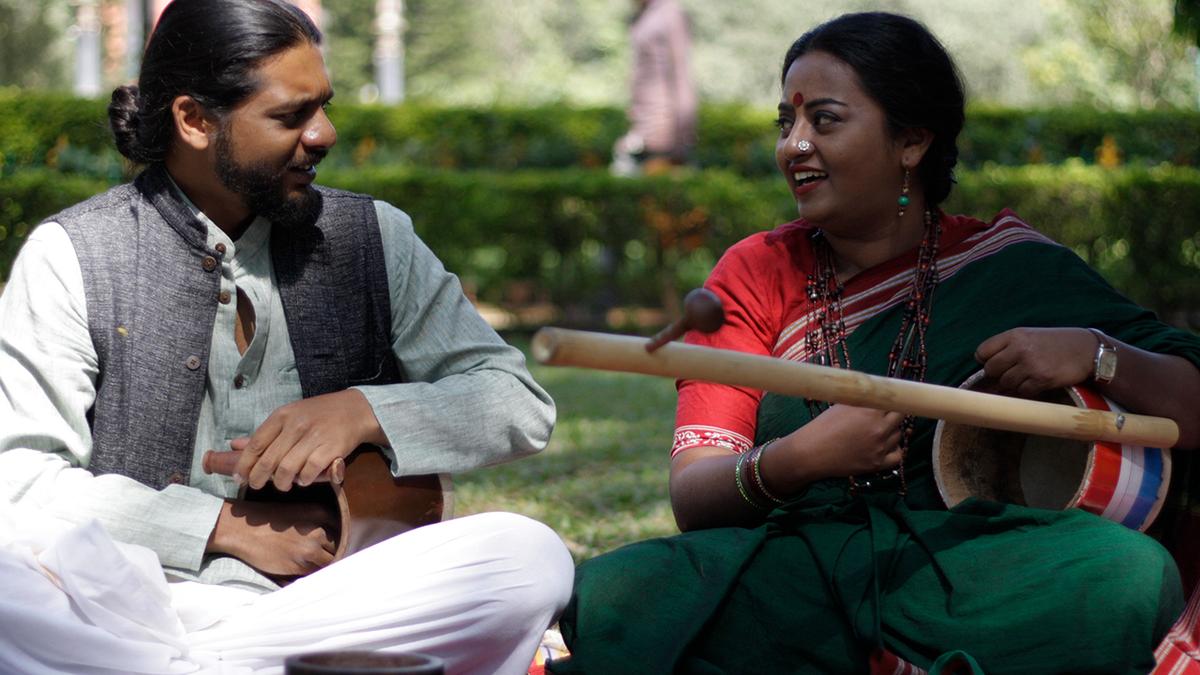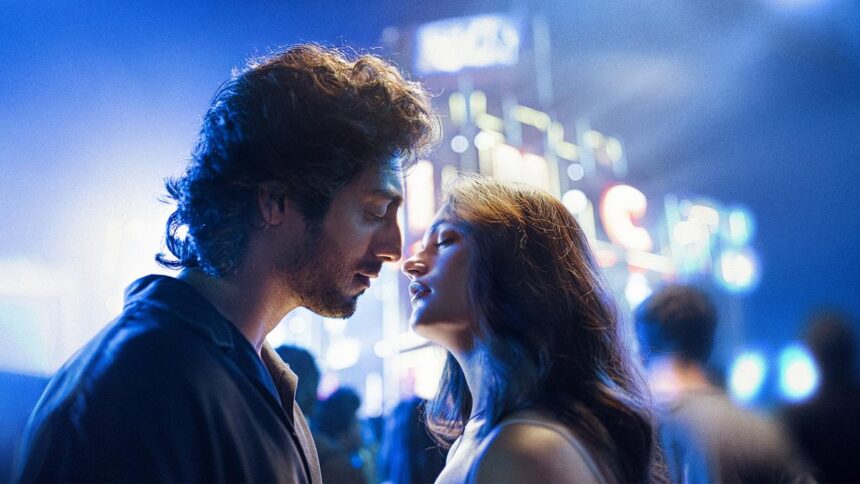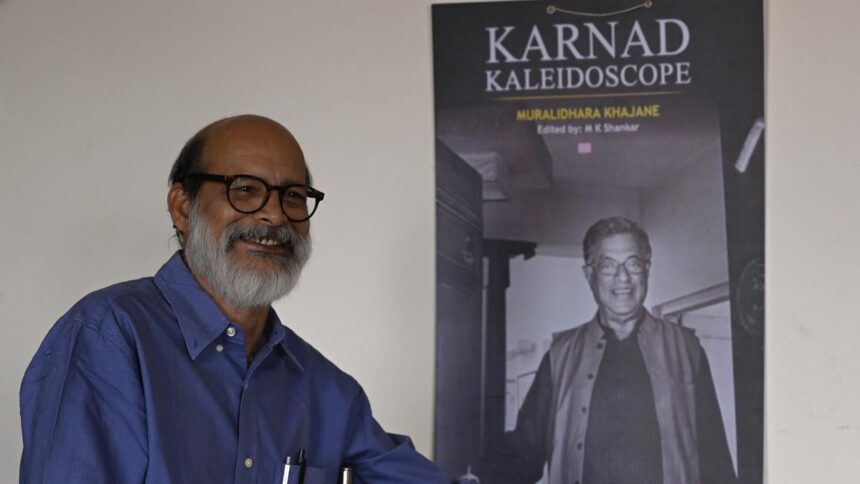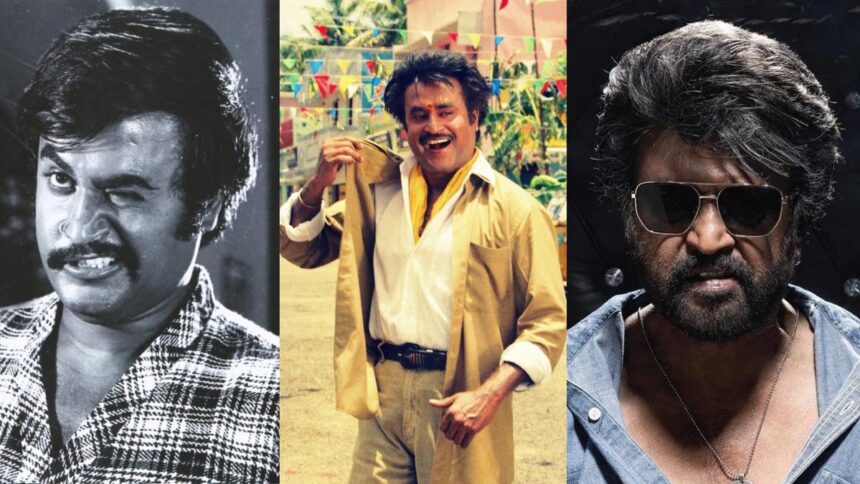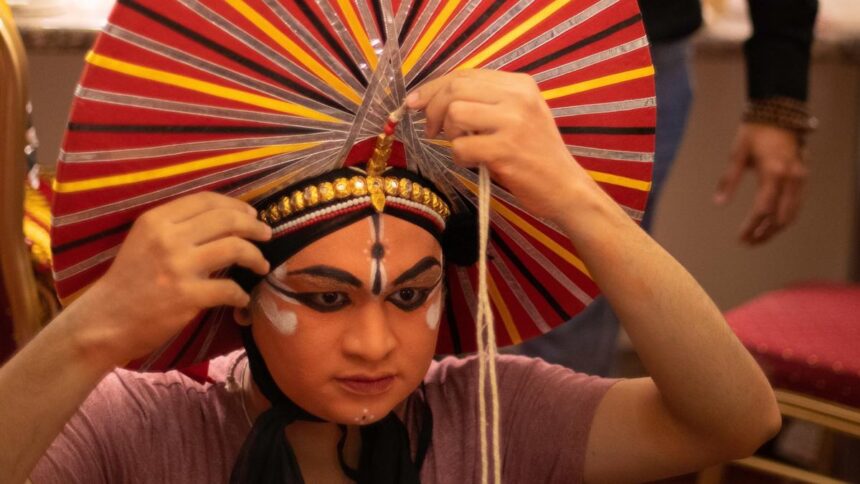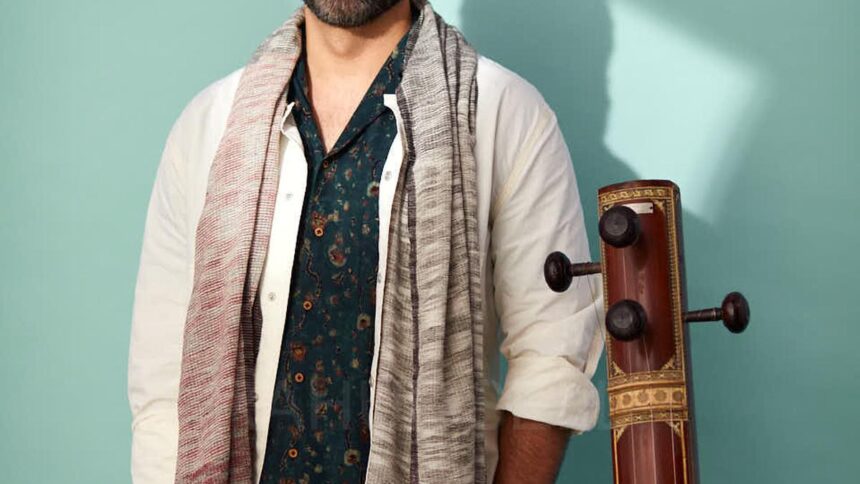
Shilpa Mudbi and Adithya Kothakota.
| Photo Credit: Special Arrangement
Shilpa Mudbi Kothakota (researcher, singer, performer, theatre artiste and documentary filmmaker) and Jogati Ramakka (transgender woman and folk artiste from North Karnataka) share a great camaraderie. The two have now devised a concert, Ramakka and I, featuring themselves. It was presented by Centre for Community Dialogue and Change (CCDC) at the Indian Social Institute, Bengaluru, recently.
Earlier, they also performed at Suchitra Cinema and Cultural Academy. The concert, held in an intimate setting, turned out to be a dialogue between the artistes and the audience.
“We are not always looking to taking it to the proscenium. We are more interested in talking about the song and why it is being sung. It means so much to a community,” says Shilpa, who has also learnt to play instruments such as choudki and tuntuni. She even organises choudki workshops to encourage people to learn to play it.
Shilpa has always been invested in the lives of Jogatis — transgender individuals and folk artistes, dedicated to the worship of goddess Yellamma — a marginalised community. In 2012, Shilpa set out to document the forgotten or vanishing folk art forms of Karnataka, and in 2017, along with her husband Adithya Kothakota, established the Urban Folk Project. The aim is to highlight Karnataka’s lesser-known art forms in urban settings and represent varied communities.
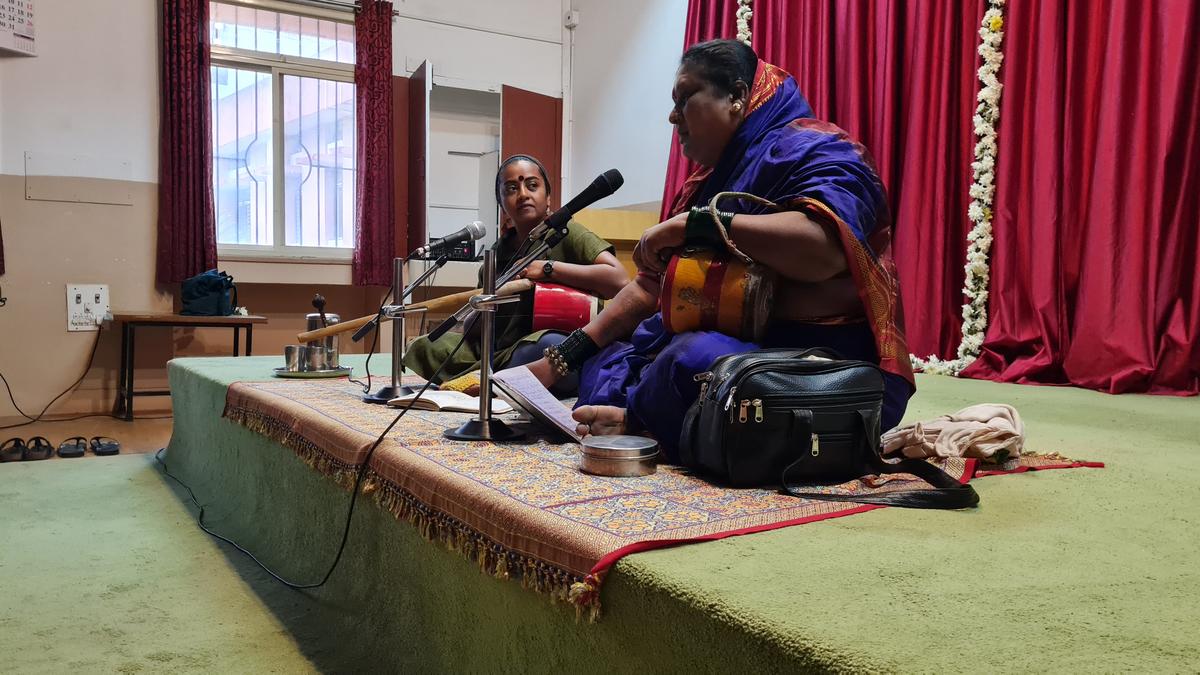
Shilpa and Ramakka performing at Centre for Community Dialogue and Change (CCDC) at the Indian Social Institute, Bengaluru
| Photo Credit:
Special Arrangement
Growing up in Bengaluru, Shilpa felt a disconnect between urban and rural life. She got drawn to folklore while exploring her own Dalit-Bahujan roots. It was while working on a play on the Sri Lankan civil war in Puducherry, she engaged with the folk forms of Yellamma, practised in North Karnataka. In this ritualistic performance, Jogatis and Devadasis sing and dance, depicting Renuka Yellamma’s life story, narrating how Renuka, mother of Parasurama, transformed into the revered Yellamma.
Talking about the idea behind launching the Urban Folk Project, Shilpa says, “People who earn most from folk performances are not those who have been practising these art forms for generations. There is not much understanding about what is folk and who it belongs to.”
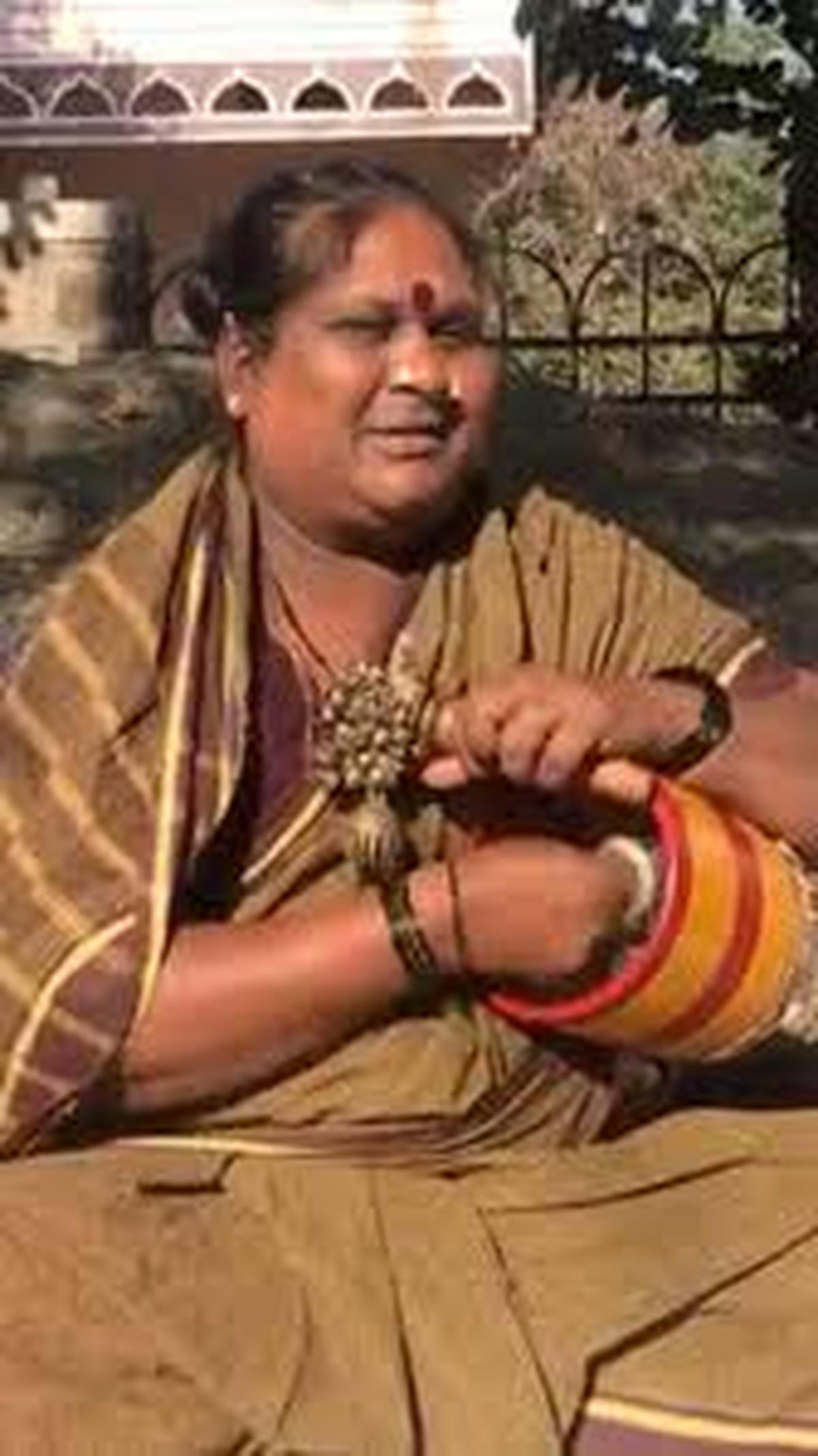
Ramakka Jogati
| Photo Credit:
Special Arrangement
Shilpa, along with her family, left the hustle and bustle of Bengaluru to make Kalaburagi home and built a space for research, performances, residency and workshops that delve into the world of jogatis and their lives. Before that, for two years, Shilpa and Adithya conducted Yellamma storytelling sessions at the Cubbon Park Bandstand in Bengaluru. During the pandemic, through the Urban Folk Project, they live-streamed their sessions from Kalaburagi.
Shilpa met Ramakka in 2019, when the duo recorded ‘Aadi baa magane Raama, Noduve kannina tumbaa’ (Come, my son Rama, let me look at you to my heart’s content). Little did they know that the song would go viral and was later included in the Kannada film, Oorina Gramastharalli Vinanthi. The song was sung by Jogatis — Ramakka, Manjamma, Anjalimma and Gowramma.
Having spent years with jogatis, Shilpa is aware of their struggles too — they are feared yet bullied, have interpersonal rivalries and are vulnerable to diseases. “I have interacted with them so much that I have come to understand what sexuality and gender mean,” says Shilpa.
Published – August 18, 2025 01:35 pm IST








